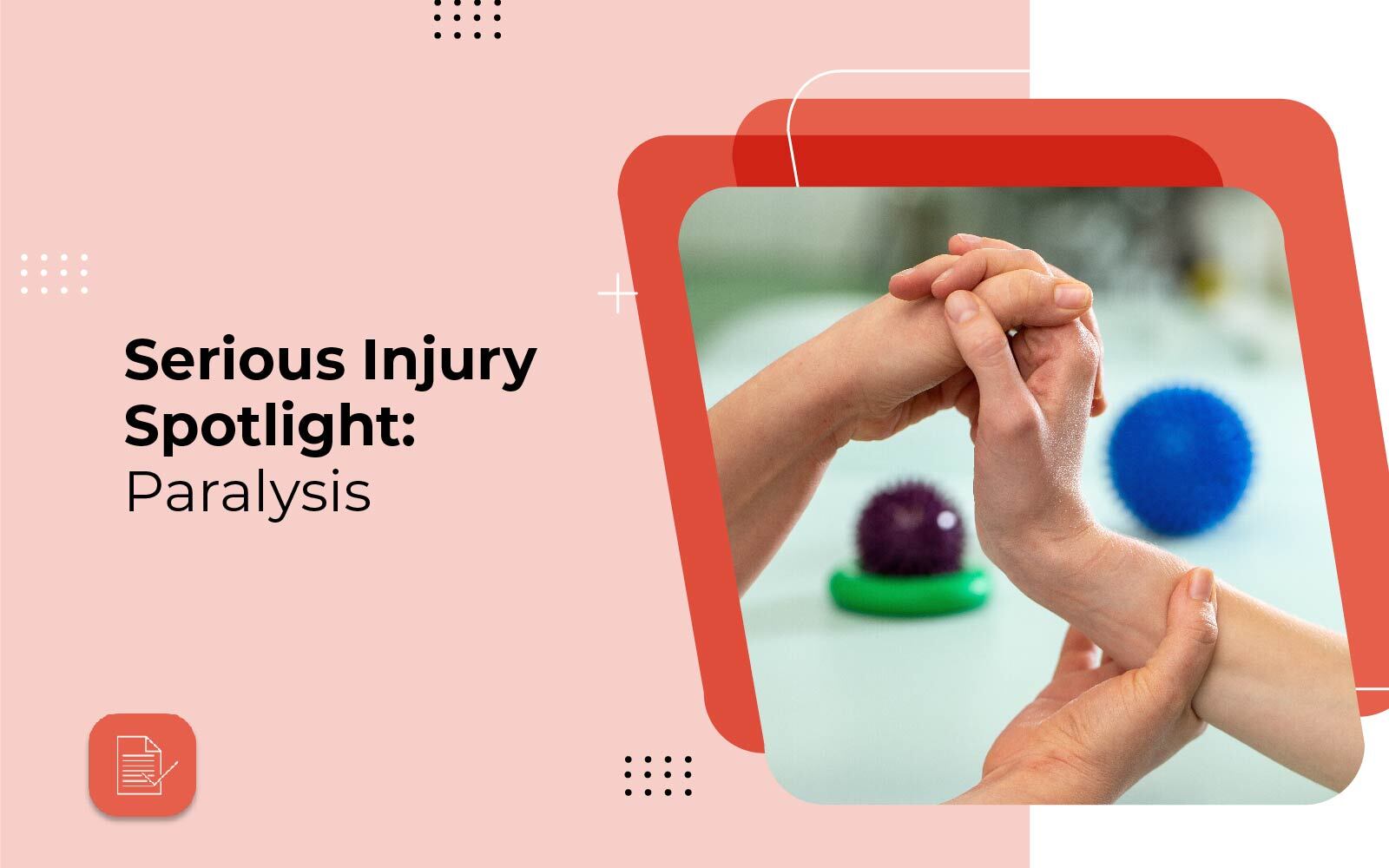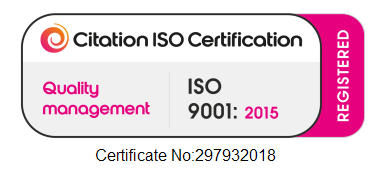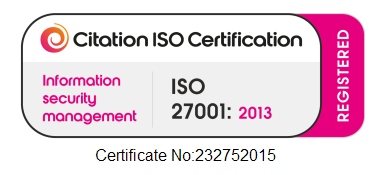
31 Jan 2023
Serious Injury Spotlight: Paralysis
It’s difficult to image not being able to feel a certain part of our body, to move our limbs or be able to walk, but following a serious injury or medical condition, this is the reality for some people, and it can take a huge toll on both physical and mental health.
What is paralysis?
The NHS defines paralysis as “the loss of the ability to move some or all of your body” and adds that “depending on the cause, it may be temporary or permanent.”
Paralysis can affect any part of the body including hands, face, arms, and legs and is a serious health issue that requires immediate medical attention. Paralysis may begin gradually due to a medical condition or happen instantly because of an accident such as an road traffic collision or a fall.
Paralysis can be either complete, meaning that the affected body part has no movement or sensation, or partial, meaning that some movement or sensation is still present. There are a number of types of paralysis, including:
- Monoplegia: paralysis of a single limb
- Diplegia: paralysis of both legs
- Hemiplegia: paralysis of one side of the body
- Quadriplegia: paralysis of all four limbs
Paralysis due to medical conditions
There are several medical conditions which can cause paralysis including:
- Stroke or TIA
- Brain tumor
- Lyme disease
- Bell’s Palsy
- Motor neurone disease
- Muscular dystrophy
Paralysis should always be taken seriously and will require testing, diagnostics, and potential treatment from a team of healthcare professionals.
Paralysis as a result of an injury
Paralysis can begin suddenly following a serious injury. Heavy impact to the brain or spinal cord can result in paralysis that can be temporary or permanent. Bruising, tearing, or severing of the spinal cord following an accident generally results in partial or complete paralysis.
How is paralysis treated?
Medical News Today explains “currently, no cure for paralysis exists. However, depending on the cause and type of the issue, some people experience partial or complete recovery. Temporary paralysis, such as that caused by Bell’s palsy or stroke, may resolve on its own without medical treatment.”
Although there’s no cure for paralysis, there are options that can help recovery as well as making life more manageable.
Treatments may include:
- Physiotherapy
- Occupational therapy
- Medication
- Surgical procedures
- Mental health support
What will life look like for someone who has recently become paralysed?
Living with paralysis is challenging and will require significant adaptations to the individual’s home, vehicle, and daily life in order to achieve and maintain a level independence and a good quality of life.
Wheelchairs, mobility aids, and specialised computer equipment can help people with paralysis to perform daily activities or continue to work. Physical therapy and rehabilitation can also help to improve function and mobility.
Paralysis is an ongoing condition and it's important for people with paralysis to continue to receive medical care and support in order to manage their health. This may include regular check-ups with a doctor, physical therapy, and occupational therapy. In some cases, surgical interventions may be necessary.
How Speed Medical can help
Not only can Speed Medical assist with health services such as diagnostics and surgery, mental health services, and physiotherapy, but we can also provide medico legal reports in cases of clinical negligence, complex injury, road traffic accidents, and employment and public liability.
With a flexible approach and scalable delivery, we can undertake and facilitate any request you may have. Through our strict recruitment and onboarding process, we source the most suitable medical experts and treating clinicians to meet your requirements. We then manage the entire administrative process, organising all appointments and treatment sessions as well as collating and forwarding any follow up results, reports, or evidence.
If you’d like to talk to our friendly team, don’t hesitate to get in touch. We’re here to help and support you with your health journey, whatever it may be.






